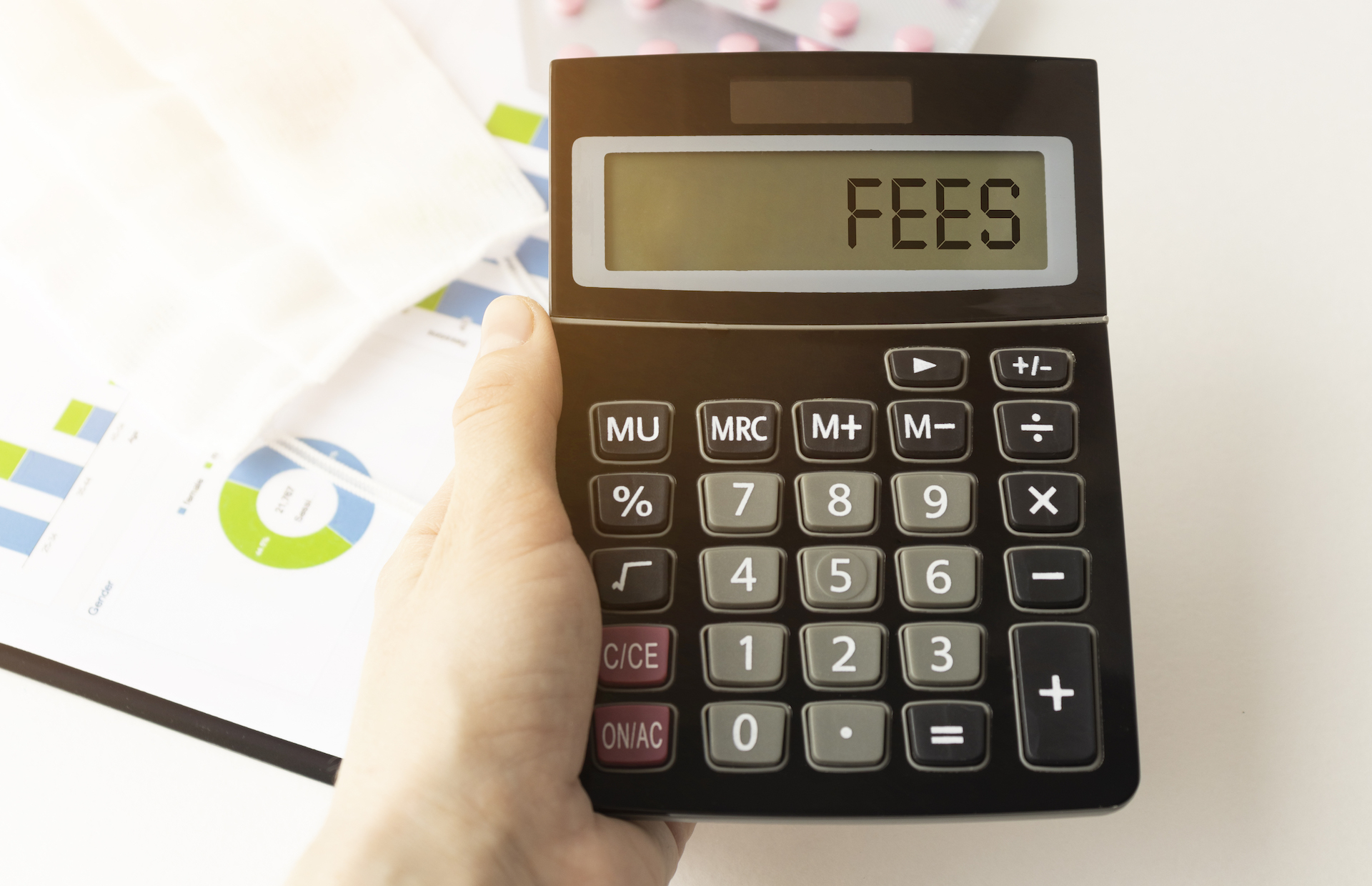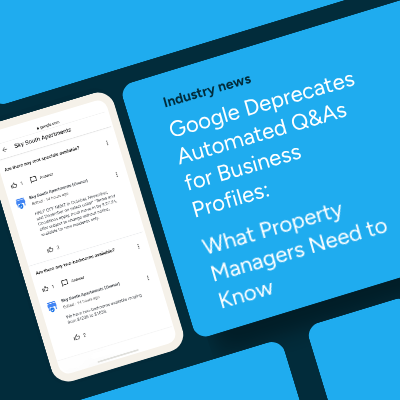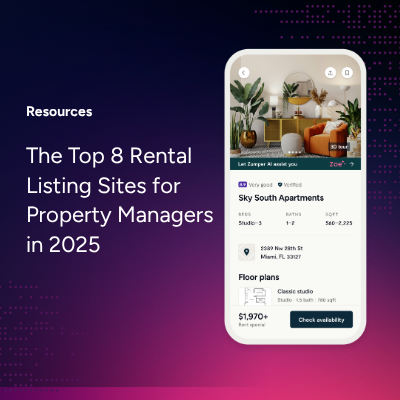
Having a great renter ask to renew their lease offers many advantages for landlords.
However, if you work with a property management company, you may need to pay a fee when this happens.
What is a lease renewal fee?
Lease renewal fees typically come into play if you decide to work with a property management company to help manage your property.
A property management company may charge you (the landlord) a lease renewal fee when a current renter decides to renew their lease for your property. Your property management company may charge you a flat fee per unit or a percentage of a month’s rent when your renter renews their lease.
You may decide to work with a property management company to represent the property you rent out. Of course, you may choose to self-manage your building instead, but landlords sometimes opt to work with a management company to secure rental income with less stress and less time on your part. The trade-off is that you’ll bring in less income from the property as you’ll owe various management fees throughout the rental process.
Property managers will collect fees for various services that keep your property occupied by reliable renters. They’ll also deal with the dirty work of managing a property, such as managing maintenance, wrangling rent payments, dealing with evictions, and taking late-night phone calls. Management companies can also provide appropriate lease agreements, notices, and other relevant documents as well as knowledge of applicable laws in your area.
All in all, property management companies perform tasks that promote the success of your property, but they will charge you fees for performing those tasks. A lease renewal fee is one example.
What is a normal fee for lease renewal?
Most property managers will charge some type of apartment lease renewal fee to coordinate that lease renewal. The most common scenarios for property management companies to deal with lease renewals include:
- Flat rate: Management companies may charge a few hundred dollars per lease renewal to cover their time and coordination efforts.
- Percentage of the rent: In some cases, property management companies structure their lease renewal fees as a portion of the new monthly rent. Property management companies may also negotiate rent increases for the renewal on your behalf. The percentage of rent charged as a lease renewal fee is often lower than the percentage taken for new lease, although you’ll find management companies that charge 100% of a month’s rent for the lease renewal fee as well. In other words, your lease renewal fee may be up to the equivalent of one month’s rent.
- No charge: It’s possible your property management company won’t charge a lease renewal fee for a tenant to renew their lease. Some management companies consider this a customer experience expense, or they simply factor annual coordination efforts into the other monthly fees you’ll need to pay.
Pros and cons of renewing a lease
Property management companies also charge fees for finding new renters for your property to cover costs like advertising, showing the property, reviewing applications, and screening renters, so you’ll likely need to account for fees if you work with a management company, whether you find a new renter or have your current renter renew their lease. Taking renewal fees out of the equation, you’ll find benefits and drawbacks to renewing a lease.
Advantages of renewing a lease include:
- Reducing cost: Turning over a vacant unit comes with costs, not to mention time and effort. If you raise the rent to keep up with market value but keep it low enough that your great renters don’t choose to look elsewhere, you’ll get more money each month without having to dedicate funds to finding a new renter. You also won’t have to pay for huge property overhauls (unless you agree to this when negotiating a new lease agreement).
- Saving time: Steps to find new renters include advertising your property, taking in and assessing applications, meeting prospective renters, and thoroughly screening applicants. You don’t have to make time for any of this if you stick with your current renter.
- Reducing vacancy risk: If your unit stays vacant, you won’t earn income — but you’ll still have to pay for your mortgage, utilities, and other expenses. Vacant units are also more exposed to vandalism or break-ins.
- Staying with a familiar renter: Even when you thoroughly screen renters, someone new coming in is unfamiliar. Renewing a lease of a renter who pays rent on time and otherwise acts responsibly offers more certainty.
However, some situations exist when renewing a lease would not offer you an advantage, including:
- Unreliable renters: If your current renter chronically pays rent late, breaks the rules, or generally isn’t a good tenant, you may want to look for a more reliable renter when the lease expires.
- You need to renovate: Strategic upgrades can add value to your property, but it’s challenging to upgrade a unit if you have someone living there. You can use the time between occupants to complete renovations and then attract renters who will pay more for rent in the long run.
Can landlords avoid paying a lease renewal fee?
You will have to pay a rental renewal fee (and leasing fees in general) only if you hire a property management company. Though working with a management company removes some of the hassle of renting out your property, you can find tools that greatly simplify the process so you can feel confident managing your company on your own. For example, you can post rental listings and collect rent online and make things easy for both yourself and your renters. That way, you’ll get to keep the full income from the monthly rent you earn.
If you’ve built a great relationship with a renter, renewing their lease comes with plenty of benefits. Knowing what to expect can prepare you to take this step.



